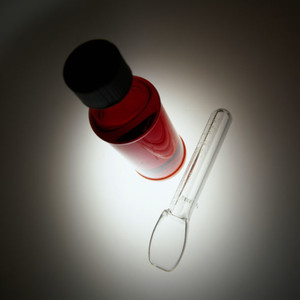The US Supreme Court has decided that generics makers cannot be sued under state law for not changing their labels to warn of possible side effects. That is a big victory for Actavis, Mylan and Teva, which had faced appeals against court rulings that would have allowed them to be sued under state law.
The companies had argued that federal law pre-empted state lawsuits because the generic drugs had been approved by the FDA. Federal law requires generic drugs to have the same labels as their brand-name equivalents.
Brand-name drug manufacturers are not so lucky, however. In a similar case back in 2009 the Supreme Court ruled that brand-name drug makers would not be protected against failure-to-warn lawsuits brought under state product liability laws.
The narrow five against four justice majority admitted that its opinion creates a double standard, with users of brand-name drugs retaining the ability to sue, and users of generic drugs unable to sue for injuries resulting from inadequately labelled drugs.
The Justices added, however, that generics makers should alert the FDA and patients as soon as they receive reports of new side-effects or complications with their products.
Actavis, Teva, and the Generic Pharmaceutical Association (GPhA) were all pleased with the Supreme Court ruling. Executive Director of the GPhA, Mr Bob Billings, said that the court had ‘appropriately recognised that current law leaves generic manufacturers with no alternative but to make certain that it products have labelling that is identical to the labelling of the reference brand product’.
Israel-based generics giant Teva saw this also as a ‘win for American consumers as they bear the ultimate burden of these lawsuits. The decision of the Supreme Court will help to alleviate unnecessary litigation’.
However, not everyone is happy, with liberal Supreme Court Justices Ms Sonia Sotomayor, Ms Ruth Bader Ginsburg, Mr Stephen Breyer and Ms Elena Kagan dissented against the decision. Ms Sotomayor stated that ‘until today, the mere possibility of impossibility had not been enough to establish pre-emption’.
The stakes are high, as almost 75% of prescriptions in the US are filled with generic drugs. However, this decision could leave consumers injured by generic drugs without a remedy, although a remedy is available to people injured by brand-name drugs. This could mean that patients lose confidence in generics and only feel protected by the law when taking brand-name drugs.
What options are available for generics manufacturers?
Options for generics manufacturers include providing additional warnings through a ‘changes being effected’ label change, requesting a label change through the ‘prior approval’ process or requesting the FDA to send ‘dear doctor’ letters to healthcare professionals.
Editor’s comment
There is definitely a lot at stake here. The decision should ensure that generics manufacturers can continue to make low-cost generic drugs widely available without the threat of lawsuits hanging over them, but at what cost? Will this really cause a lack of confidence from patients in generic medicines?
Please feel free to share your thoughts via email to editorial@gabionline.net or in the comments section below. What are your views on this decision by the US Supreme Court on generic labelling? Do you think that patients taking generic drugs should have the same right to sue as for brand-name drugs? What else could be done to ensure side effects are quickly brought to the attention of the relevant authorities?
Related article
Generic pre-emption: what are the implications
Source: GPhA, Reuters, Teva








 0
0








Post your comment